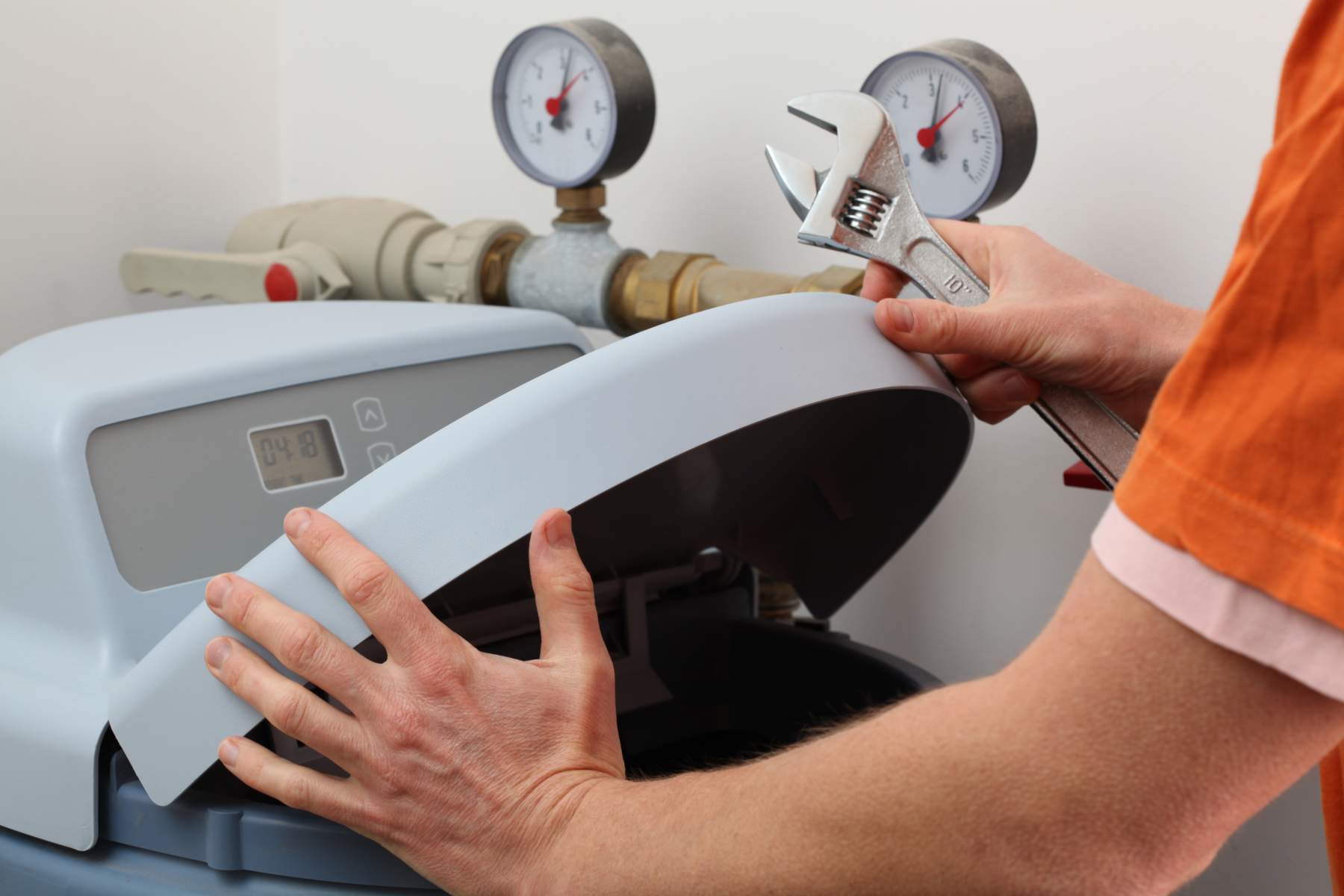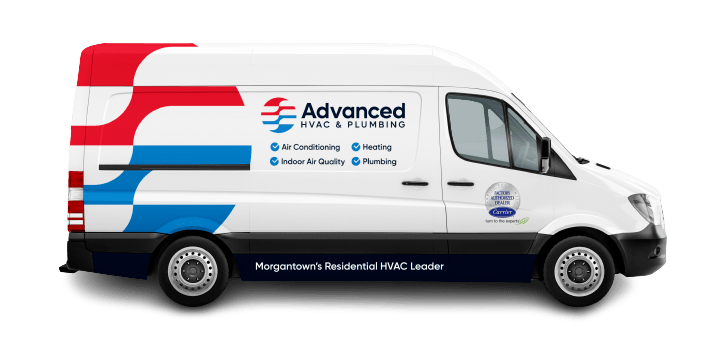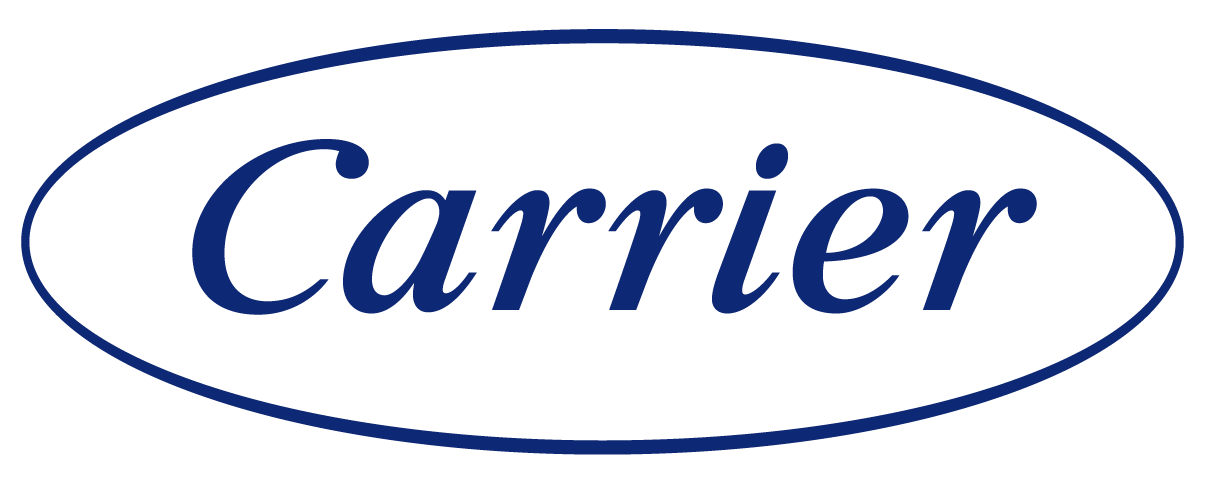
Understanding Water Softeners and Their Impact on Your Home
Water softeners have become essential appliances for homeowners throughout Morgantown, WV, and surrounding areas like Kingwood, Fairmont, and Cheat Lake. These systems address hard water problems that affect approximately 85% of American households, causing mineral buildup that damages plumbing fixtures, reduces appliance efficiency, and creates numerous household challenges. At Advanced HVAC & Plumbing, we recognize that water quality directly impacts your heating systems, particularly boilers and water heaters, which suffer significant efficiency losses when scale accumulates on heat exchange surfaces.
Hard water contains dissolved minerals, primarily calcium and magnesium, measured in grains per gallon or parts per million. Water with more than 7 grains per gallon qualifies as hard, while levels exceeding 10.5 grains per gallon indicate very hard water conditions. Throughout West Virginia, water hardness varies considerably depending on geological formations and water sources, with many areas experiencing moderate to severe hardness levels that necessitate treatment solutions.
How Water Softening Technology Works
Ion exchange technology forms the foundation of modern water softening systems, utilizing specialized resin beads charged with sodium ions to capture hardness minerals. As hard water flows through the resin tank, calcium and magnesium ions attach to the resin beads while releasing sodium ions into the water supply. This process continues until the resin beads become saturated with hardness minerals, triggering a regeneration cycle that flushes accumulated minerals down the drain and recharges the beads with fresh sodium ions from the brine tank.
The regeneration process typically occurs during overnight hours when water usage remains minimal, ensuring continuous soft water availability throughout your daily activities. Modern systems utilize sophisticated control valves that monitor water usage patterns and initiate regeneration based on actual consumption rather than predetermined schedules, maximizing salt efficiency and reducing operating costs. Since our founding in July 2000, we’ve installed countless water softening systems that integrate seamlessly with existing plumbing infrastructure while providing reliable performance for years.
Advanced control systems now incorporate digital displays showing remaining capacity, current flow rates, and maintenance reminders that help homeowners maintain optimal system performance. These technological improvements have reduced salt consumption by up to 50% compared to older timer-based models while providing more consistent water quality throughout regeneration cycles.
Benefits for Your Heating and Cooling Systems
Water softeners provide substantial protection for heating equipment, particularly tankless water heaters and boilers that circulate water through narrow passages susceptible to scale accumulation. Scale deposits measuring just one-eighth inch thick can increase energy consumption by 25%, forcing heating elements to work harder while delivering less heat to your living spaces. Our technicians regularly service heating systems throughout Westover and Star City where hard water damage has necessitated premature furnace repair or complete heating system replacement.
Beyond energy efficiency improvements, soft water extends equipment lifespan significantly, with water heaters lasting 30-50% longer when protected from scale buildup. This longevity translates to substantial savings over time, as homeowners avoid frequent heating repair costs and postpone expensive replacement investments. We provide heating service and furnace service with no extra charges for nights and weekends, often discovering that water quality issues contribute to recurring maintenance problems.
Selecting the Right Water Softener Size
Proper sizing ensures optimal performance while minimizing salt consumption and regeneration frequency. Calculate your household’s daily softening requirement by multiplying the number of occupants by 75 gallons per person, then multiply this figure by your water’s hardness level in grains per gallon. A family of four using 300 gallons daily with 10-grain hardness requires 3,000 grains of softening capacity per day, or 21,000 grains weekly between regenerations.
- Efficiency ratings: Look for systems certified to NSF/ANSI Standard 44, which verifies performance claims and ensures salt efficiency meets industry benchmarks
- Flow rate specifications: Match system capacity to your home’s peak demand, typically 7-10 gallons per minute for average households
- Regeneration options: Choose between metered systems that regenerate based on usage or timer-based models that regenerate on predetermined schedules
Professional installation ensures proper sizing while accounting for future changes in household composition or water usage patterns. Our experienced technicians evaluate existing plumbing configurations, available space, and drainage requirements to recommend systems that deliver reliable performance without unnecessary complexity or expense.
Installation and Integration Considerations
Strategic placement near the main water supply entry point ensures whole-house protection while minimizing pressure losses through extended piping runs. Installation typically requires access to electrical outlets for control valve operation, floor drains for regeneration discharge, and adequate space for salt storage and system maintenance. Local building codes in Morgantown and Fairmont may specify installation requirements, including backflow prevention devices and proper drainage connections that prevent contamination of potable water supplies.
Integration with existing plumbing systems requires careful consideration of pipe materials, particularly in older homes where galvanized steel or copper pipes may have accumulated scale deposits. Professional installation includes bypass valves that maintain water service during maintenance procedures and check valves preventing backflow during regeneration cycles. Our installation teams coordinate with heating service appointments to ensure water softener placement doesn’t interfere with furnace service access or future heater installation projects.
Maintenance Requirements and Long-term Performance
Regular maintenance preserves system efficiency while preventing unexpected failures that disrupt household routines. Monthly visual inspections should verify adequate salt levels, check for salt bridging in the brine tank, and confirm proper control valve operation. Annual professional maintenance includes resin bed cleaning, control valve adjustments, and performance testing that ensures continued efficiency.
Salt selection impacts both performance and maintenance frequency, with evaporated salt pellets providing superior purity compared to rock salt alternatives. Solar salt offers economical operation for most applications, while potassium chloride provides a sodium-free alternative for households with dietary restrictions. Proper salt storage prevents moisture absorption that causes bridging and mushing problems within brine tanks.
- Quarterly tasks: Clean brine tank if sediment accumulates, check for salt bridges, verify timer settings match household schedules
- Annual service: Professional inspection including resin cleaning, seal replacement, and performance verification
- Five-year intervals: Consider resin replacement based on water quality and usage patterns
Water softeners represent valuable investments in home comfort and equipment protection, delivering tangible benefits through reduced energy costs, extended appliance lifespans, and improved daily living experiences. At Advanced HVAC & Plumbing, we understand these systems’ critical role in protecting heating equipment while enhancing overall home performance throughout our service areas.






